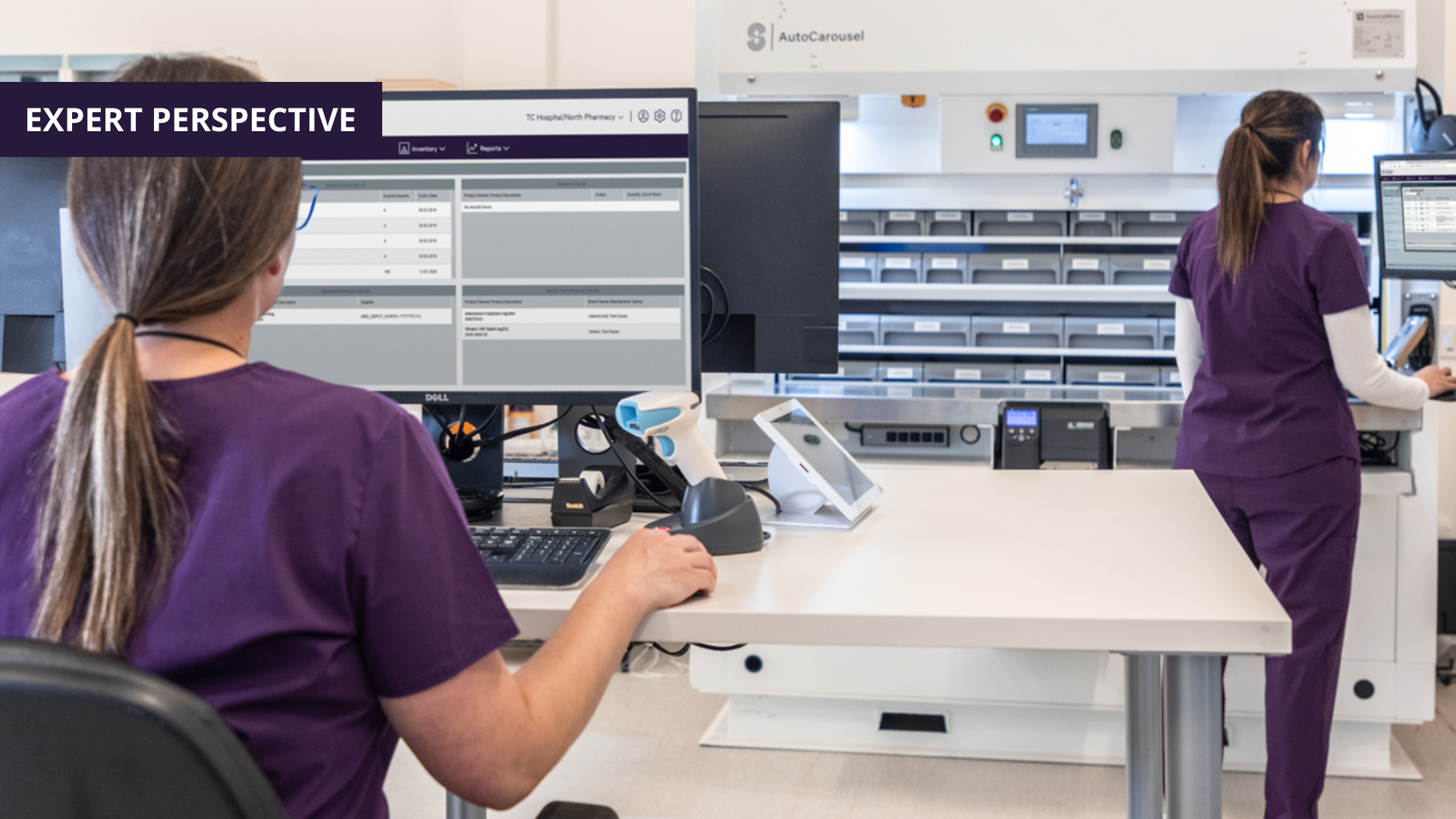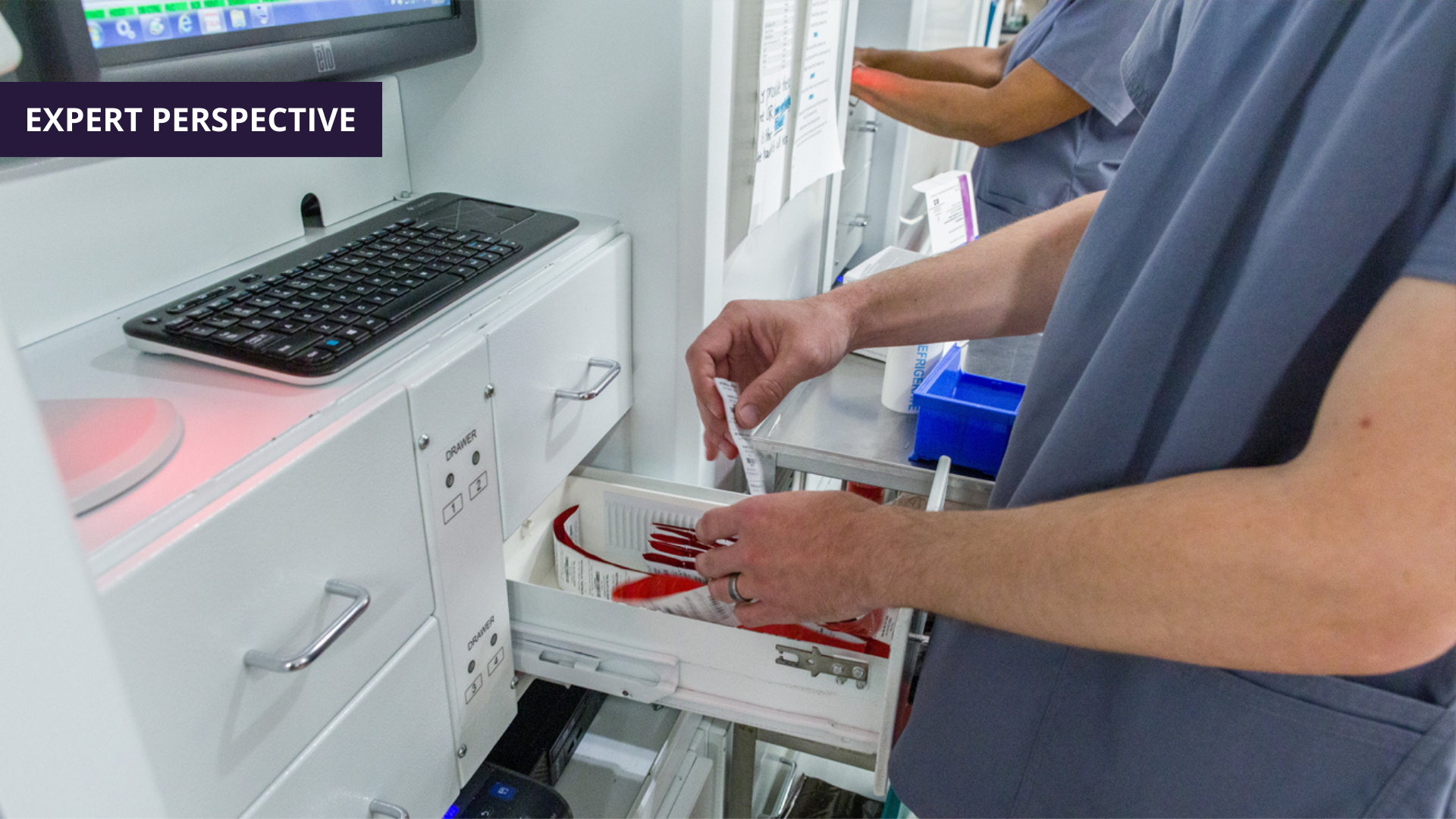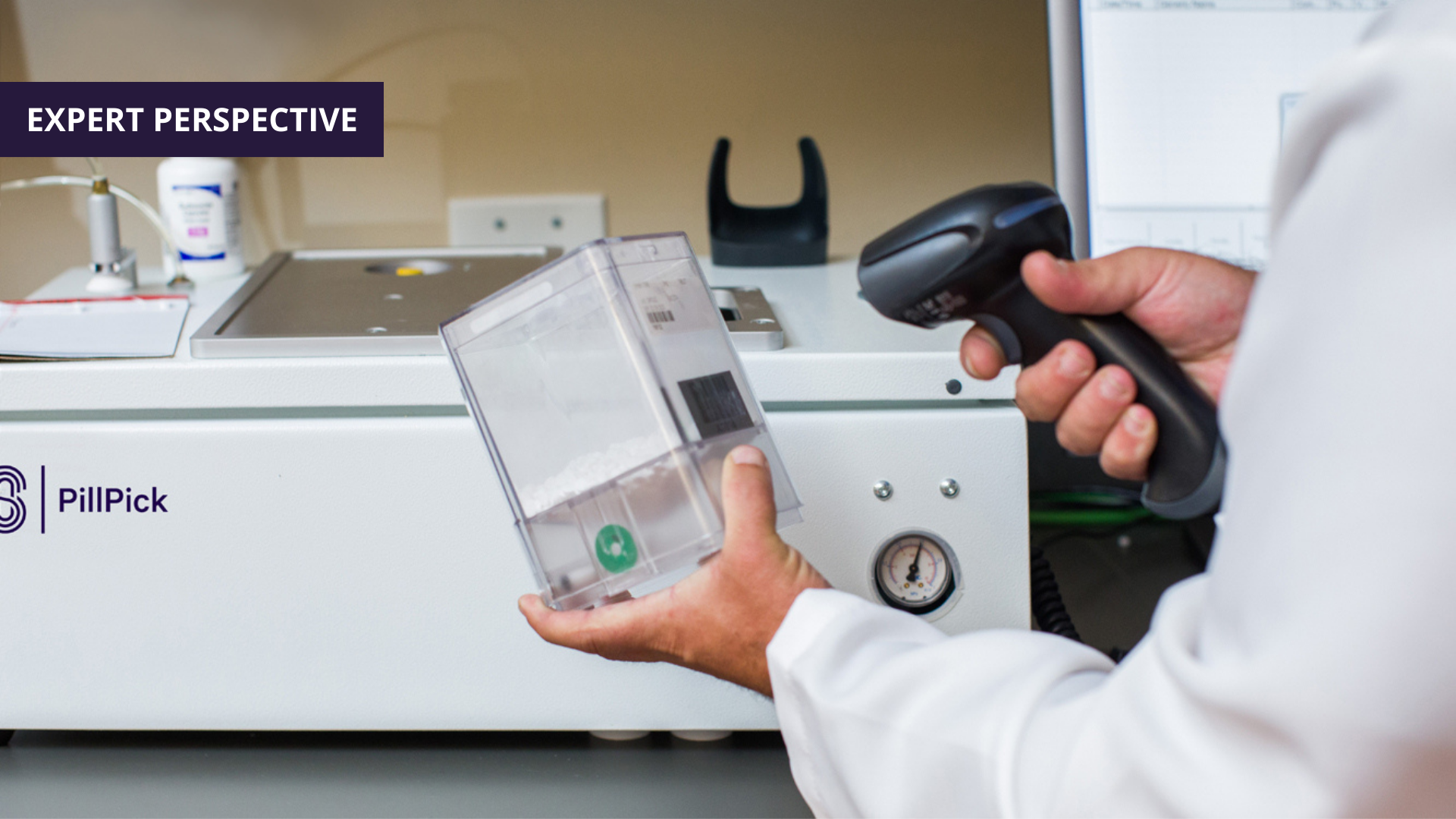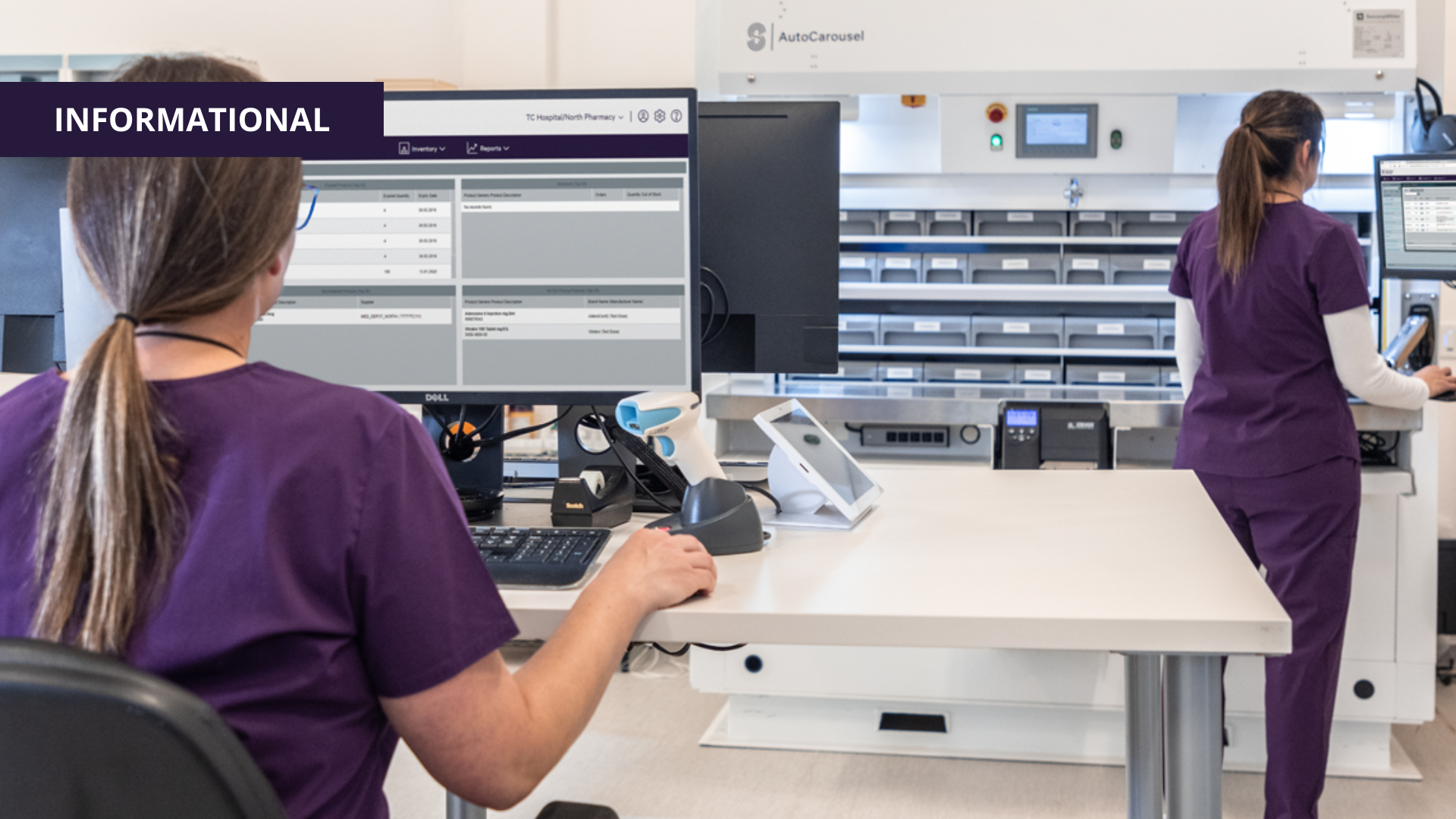Vaibhav Barot | 12 January, 2024
The Current State of Healthcare Automation
We’re fast approaching a new era in healthcare, an era where automation technology is not just an add-on but an integral component of every aspect of patient care. In fact, these automation technologies will inevitably revolutionize how we understand, manage, design, and deliver healthcare services.
Already, today’s automation technology is used by large hospitals to help:
- Pick, package, and track thousands of doses of medication
- Transport multiple tube system carriers at once
- Find areas of concern on an X-ray (using AI)
- Perform facilities maintenance and repair
- Help patients manage records
- Help administrative staff manage relationships with patients
- Run engineering simulations (for infrastructure builds like the tube system)
Why Automation is Critical to a Futureproof Plan
As medical practices evolve, healthcare providers are grappling with an overwhelming amount of data, be it patient records, treatment plans, or administrative information. Furthermore, hospitals must also plan for the unexpected – such as in the case of a natural disaster, pandemic, labor shortages, or any other instance where demand for care may rise sharply.
By automating repetitive tasks such as data entry, medication picking, courier delivery, inventory management, and more, healthcare providers can focus more on what truly matters: patient care, even in the event of a natural disaster, a pandemic, or an act-of-God event. This also helps employees find work-related satisfaction by freeing them up to focus on the core of their job.
In our on-demand Flexibility is Futureproof Webinar, our experts Rob Banis and Larry Bray weigh in on this very topic by taking what they've been hearing from their customers and having a candid yet informed conversation.
Automation In The Pharmacy
In the blog “The Hospital Tube System & Pharmacy Workflow”, over on translogic.com, we cover the pneumatic tube system’s role in connecting internal supply chains, and how efficiencies gained in the pharmacy can be lost if the tube system is not functioning or performing as it should be.
However, when the tube system is working symbiotically with a pharmacy automation solution, healthcare facilities can significantly boost efficiency across workflows.
Some notable technologies driving automation within the hospital pharmacy include:
- Medication Storage & Inventory Management Automations: An example of this technology here at Swisslog Healthcare would be BoxPicker®. BoxPicker is an automated medication storage system that removes the need for static shelving or carousels. It also helps track and manage inventory while upping the security. To get a better idea of how it works, view this video.
- Unit Dose Packaging Solutions: Purchasing medication in bulk is one way to slash costs significantly. Yet, storing, sorting, and administering that medication is a complex operation. New automation tech, however, allows health facilities to get the best of both worlds. Swisslog Healthcare's solution to this challenge is the PillPick® - a fully automated storage, packaging, and dispensing system used by large healthcare facilities to deliver thousands of doses per day. See the PillPick in action here.
- Pharmacy Software: This level of automation requires a robust software platform to manage, monitor, and execute processes. From medication tracking to inventory management, each company takes a slightly different approach. In the near future, the industry will employ various AI platforms to help analyze and optimize these datasets.










